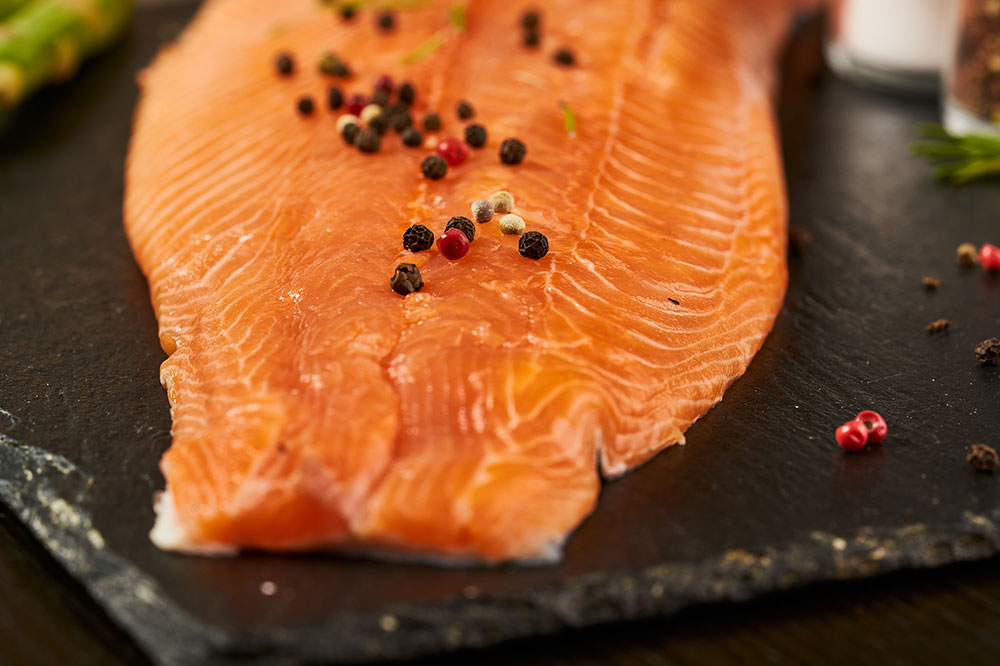
A Comprehensive Nutrition Guide for Schizophrenia
Schizophrenia is a mental illness that has the ability to hinder the day-to-day functioning of an individual. Aside from symptoms such as hallucinations, delusions, psychosis, and disorganized speech, one can also have a poor diet that can lead to other health conditions. A poor diet can cause other health problems or aggravate existing underlying conditions. Therefore, caretakers need to ensure that schizophrenia patients get a diet that fulfills their nutritional requirements.
Read on to know more about nutrition tips for schizophrenia patients.
1. Can a special diet help schizophrenia patients?
Since schizophrenia is a chronic mental health condition, individuals can often have trouble maintaining a healthy diet. Poor eating habits, such as consuming too much sugar, trans fats, and caffeine, can have a negative effect on the individual’s physical health. This can actually put those suffering from schizophrenia at high risk of developing cardiovascular diseases.
Studies have also shown that eating a clean diet and maintaining proper nutrition can actually help reduce inflammation in the body. It can also go a long way in improving the quality of life and help patients lead a longer and healthier lifestyle.
2. What foods can you eat?
Schizophrenia patients need to have a well-balanced and nutritious diet to keep other illnesses at bay. To help you, here is a list of foods that should be part of a schizophrenic patient’s diet.
- Fruits: A number of studies have shown schizophrenic patients fail to fulfill their body’s fiber requirement. Fibers help reduce bad cholesterol and even reduce the risk of heart diseases, diabetes, and obesity. Moreover, fruits are also replete with tons of healthy vitamins and antioxidants.
- Vegetables: Vegetables pack tons of fibers, vitamins and are low in fats. Adding veggies to daily meals can help keep blood sugar in check.
- Fatty fish: Fatty fish such as salmon and mackerels are high in omega-3 fatty acids that are essential for the healthy functioning of the body. There are also a bunch of studies that show how omega-3 fatty acids can prevent the development of schizophrenia and even slow down the progression of the disease.
3. What foods to avoid?
- Bread: Studies have shown the effects of bread on the overall mental health of an individual. In fact, the relationship between sensitivity to wheat and mental illness has long been under research. Research has also shown that patients who switched to a gluten-free diet had fewer symptoms.
- Sugar: Those suffering from schizophrenia are typically prone to developing serious physical conditions such as diabetes. This makes it important to refrain from consuming refined sugars in general.
These are just a few examples of foods that can help promote a healthier lifestyle for people with schizophrenia. However, ensure that you check with your doctor before making drastic changes to your diet to avoid the development of any other health complications or allergies.


